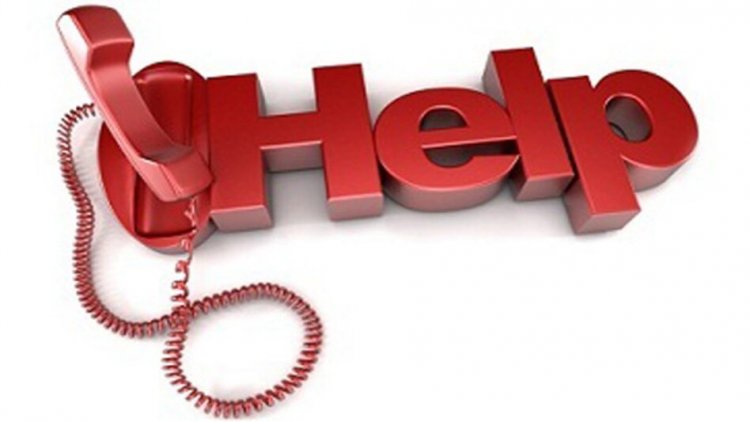Learn from Delta's Disaster
Cynthia Kay

I am a frequent flyer on Delta Airlines. Fortunately I did not travel this week and avoided the system outage that resulted in hundreds of cancelled flights. Everyone is talking about how the disruption of service affected travelers and there is no doubt that the impact was significant. Others are speculating how this incident, and a similar one at Southwest, will impact these companies in the long-term.
I would like to focus on a different aspect of the situation- Delta’s response and more specifically CEO Ed Bastian. Often we see executives of companies become invisible in the face of difficulties. You hear a lot of “no comment” or excuses. CEO Bastian did the opposite. He went on camera several days in a row and delivered updates. In one video he said, “This isn’t the quality of service, the reliability that you've come to expect from Delta Air Lines. We’re very sorry, I’m personally very sorry.”
Watch the videos and I believe you will see a person who is sincere and did his best to address customer’s concerns. Before I started my company I spent 13 years as an award-winning broadcaster. In fact, I was the investigative reporter you probably did not want to see walking through the door. So, I want to share some advice in the event that you have to deal with a bad situation.
Have a Plan: Now is the time to get a crisis communication plan in place. Don’t wait for a disaster. Decide who will be the spokesperson for your company and have a back-up. Get them some training now so they are comfortable with media and delivering difficult news. Executives need to be out front, not mid-managers or a paid public relations person.
Get Proactive: Don’t wait for the news media to call you. Get your message out and use your own channels of communication; your website, twitter, etc. Provide frequent updates so that communication is timely. People feel better when they know that you are working on a solution to a problem.
Stay on Message: Put yourself in the position of your customer or audience. What do they need to know? Be concise and clear. Information should be pre-selected, analyzed and synthesized. Don’t get off on tangents that are not important to the current situation. When it is resolved communicate what you have done to insure that the situation does not reoccur.
Be Truthful: You would think this is elementary not to mention the right thing to do. But, I am constantly amazed at how company officials say things that they know are not true or at the very least are deceptive. Today fact-checkers can easily find information and expose the lies. Sometimes, in an effort to try and be responsive individuals answer questions when they do not have all the information. Don’t hesitate to say “I don’t know” or “I don’t have that information now but will get it to you as soon as I can.” You do not have to answer every question.
Apologize and Make it Right: People will forgive you if you offer a sincere apology and then offer them something. Delta can’t give people back the time they lost or the ease the stress. They did however extend a travel waiver and an offer of compensation. Their site also says that customers are being contacted by Delta.
Every business owner knows that there are many things that can happen to slow or even shut down their business. It’s what you do when the unthinkable happens that counts. For the record, I have four upcoming trips booked on Delta and I will continue to be a loyal customer.

















